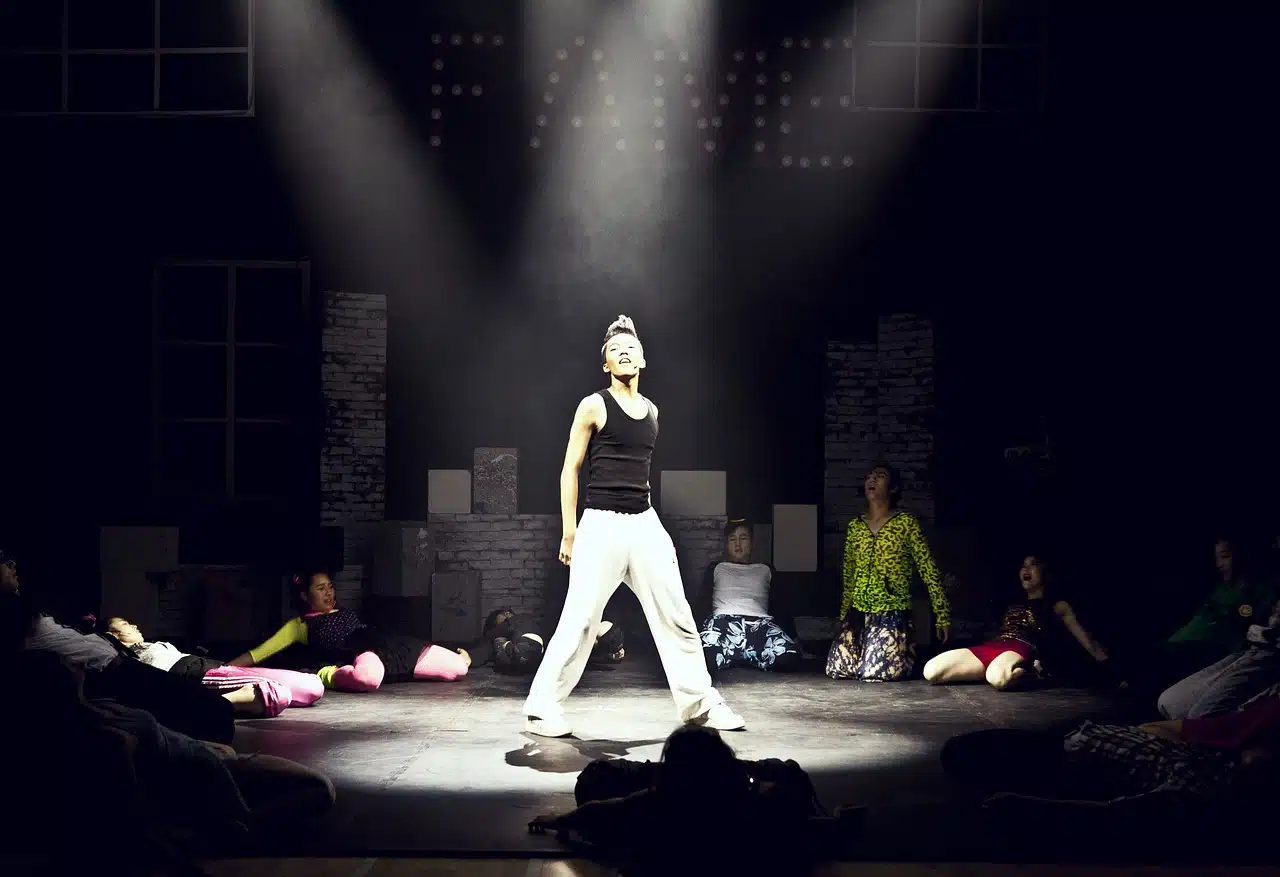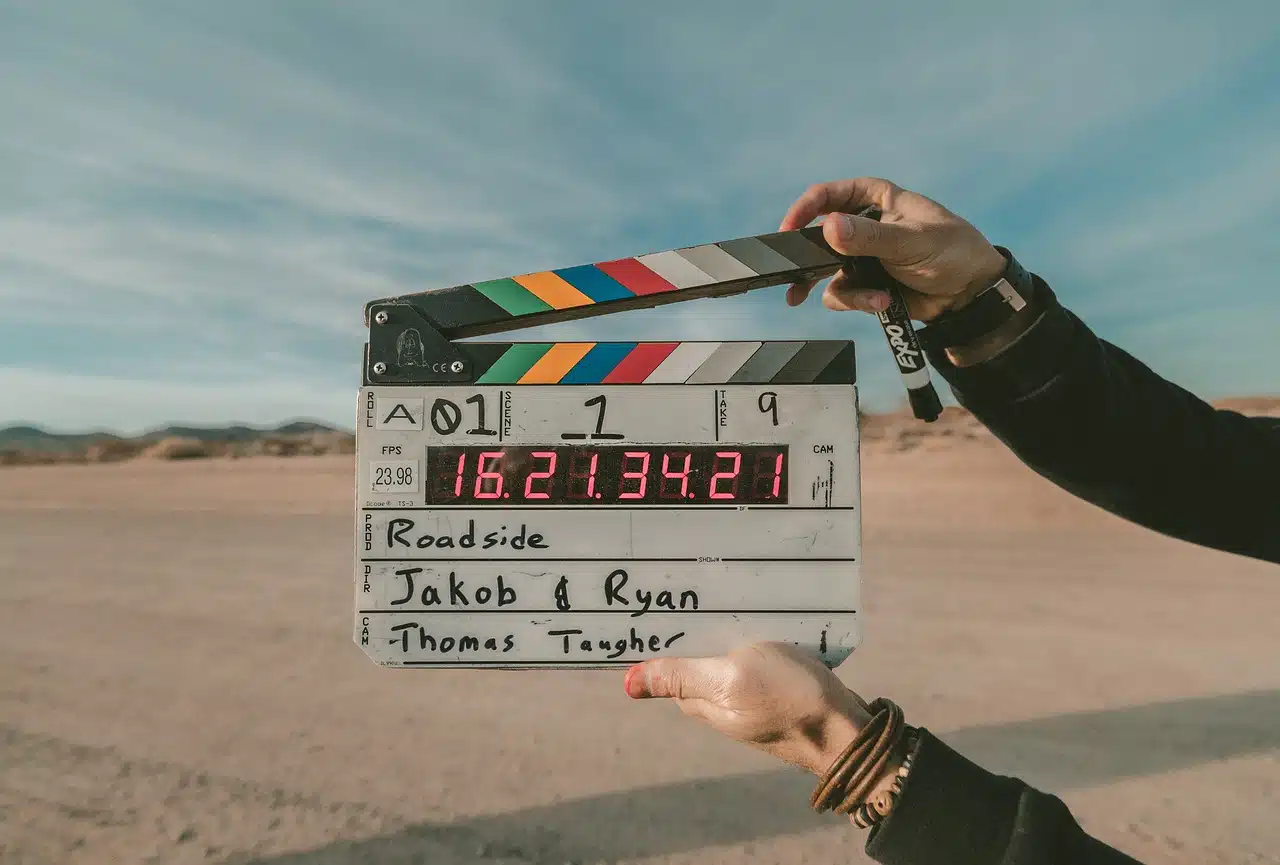
Scene is that which is represented on a stage.
Scene is a term that comes from the Latin scena , although its most remote origin is in a Greek word that means “shed of branches.” This is the area of a theater room intended for the performance of a play.
It can be said that the scene is the physical space in which the actions take place before the eyes of the spectators. Scene, therefore, can be used as a synonym for stage . For example: “The actor came on stage and the audience immediately began to applaud,” “The director asked me that, when he enters the scene, I look the protagonist in the eyes and speak to him clearly,” “When he makes his appearance ,” “On stage, the actress tripped and hurt her arm.”
Various meanings of scene
The scene is also everything that is represented on the stage and the different parts into which the acts of the plays can be divided: “Hurry up, there are ten minutes left until the scene changes,” “People were moved by the scene in which the boy is wounded” , “I found the play entertaining, but I didn't like the final scene” .
A similar meaning refers to the fragments of a film that form a unit: “The motorcycle chase in Terminator II is one of the most remembered action scenes,” “I rewatched the murder scene a couple more times since I couldn't "It was clear to me what had happened."
The real events that constitute a kind of spectacle and the exaggerated or feigned expression to attract attention are also known as a scene: “Tell Pablo to finish the scene and get back to work,” “The singer made a scene to announce that I would release a new album.”

The fragments of a film that make up a unit are called scenes.
The role of the author
When writing a story, the author must take into account not only the way in which the story will be told and the characters who will participate, but also what the environment will be like .
Knowing how to properly choose the scene means keeping in mind the audience the story is aimed at ; That is to say that it is necessary to find the way, the space and the how and face the task of approaching the reader in the most appropriate way, this is having control over the scene .
On the other hand, building the ideal scenes for a story will positively contribute to maintaining the rhythm and magic in it. An important piece of advice for the author to keep in mind is to seek as much veracity as possible. It is more likely to be more efficient to show a character who spends his days at his first aid kit sorting out hundreds of pills than to tell him that he is a hypochondriac; The first image is more realistic and closer.
These tips are valid for both playwrights and novelists , although the term is generally more commonly related to theater. In any case, certain essential tips in this art can be extremely useful for novelists.
The novelists and the scenes
Some common suggestions given to novelists on scene construction are as follows:
- Be very clear about the time it will last, the actions that will be carried out, the space in which they will do so and look for a rhythm that adapts to the characteristics of the actions or circumstances.
- Pay attention to the composition . In photography this concept refers to devising the desired snapshot before capturing the image; In writing it is the same, you have to previously think about the composition of the scene to know how to capture it on paper.
- Get truthful characters that allow the reader to identify with them or accurately visualize them in that context.
- Use only the scenes that are really necessary , do not abuse literary resources or "put on screen" elements that are not going to be useful or significant in the story.
